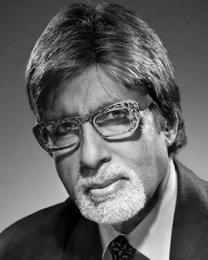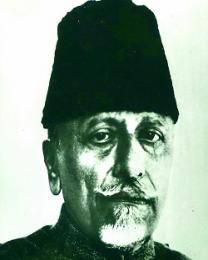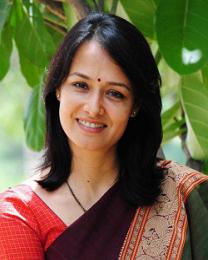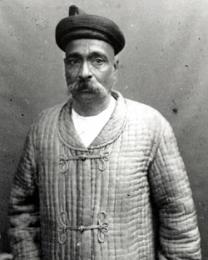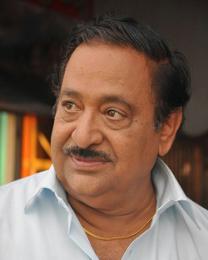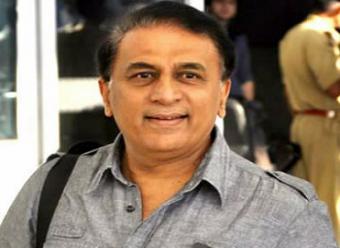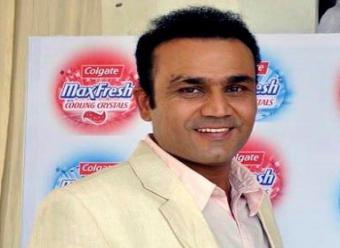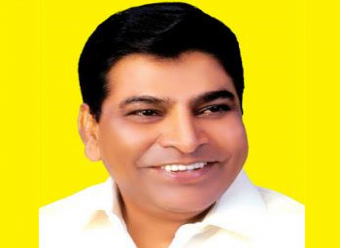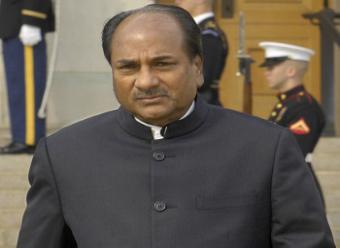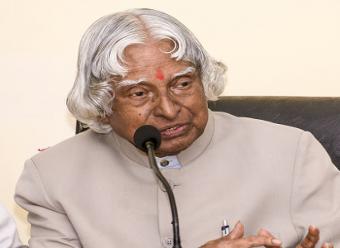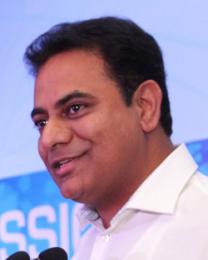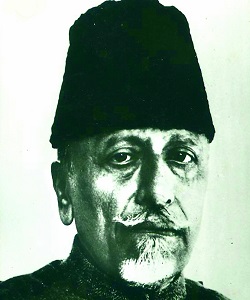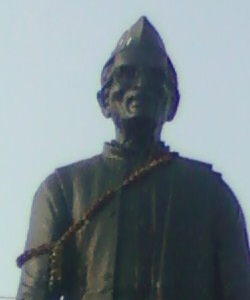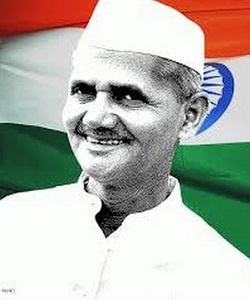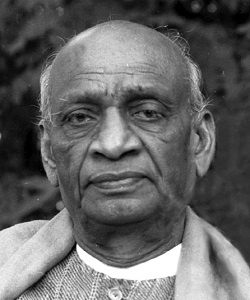Birth Name : Lokamanya Keshv Bal Gangadhar Tilak
Date of birth : 23/07/1856
Place of birth : Chikhali, Ratnagiri district, British India
Category : Freedom Fighters
Early Career
Tilak was one of the first and strongest advocates of 'Swaraj' and a strong radical in Indian consciousness. His famous quote, 'Swaraj is my birthright, and I shall have it!' is well-remembered in India even today. He also formed a close alliance with Muhammad Ali Jinnah, later the founder of Pakistan, during the Indian Home rule movement. He organized the Deccan Education Society with a few of his college friends, including 'Gopal Ganesh Agarkar', 'Mahadev Ballal Namjoshi' and 'Vishnushastri Chiplunkar'. Their goal was to improve the quality of education for India's youth. The Deccan Education Society was set up to create a new system that taught young Indians nationalist ideas through an emphasis on Indian culture.
Political career
In 1890 Gangadhar Tilak joined in the 'Indian National Congress'. Tilak opposed the 1891 Age of Consent bill, seeing it as interference with Hinduism and a dangerous precedent. The act raised the age at which a girl could get married from 10 to 12 years. In 1896, a plague epidemic spread from Bombay to Pune, and by January 1897, it reached epidemic proportions. British military were brought in to deal with the emergency and harsh measures were employed including forced entry into private houses, examination of occupants, evacuation to hospitals and segregation camps, removing and destroying personal possessions, and preventing patients from entering or leaving the city. By the end of May, the epidemic was under control.
He also helped found the All India Home Rule League in 1916–18, with 'G.S. Khaparde' and 'Muhammad Ali Jinnah' and 'Annie Besant'. After years of trying to reunite the moderate and radical factions, he gave up and focused on the Home Rule League, which sought self-rule. Tilak travelled from village to village trying to conjure up support from farmers and locals to join the movement towards self-rule. Tilak was impressed by the Russian Revolution, and expressed his admiration for 'Vladimir Lenin'.
As A journalist
Bal Gangadhar Tilak launched two newspapers called 'Mahratta' (English) and 'Kesari' (Marathi). Both the newspaper stressed on making the Indians aware of the glorious past and empowered them to be self reliant. In other words, the newspaper actively propagated the cause of national freedom. In 1896, When the entire nation was gripped by the famine and plague, the British government declared that there was no cause for anxiety. The government also rejected the need to start a 'Famine Relief Fund'. The attitude of the government was severely criticized by both the newspapers. Tilak fearlessly published reports about the havoc caused by famine and plague and government's utter irresponsibility and indifference.
Prison Life
Tilak had mellowed after his release in June 1914, because of the attack of diabetes and also the ordeals faced in Mandalay prison. When World War started in August, Tilak cabled the King-Emperor in Britain of his support and turned his oratory to find new recruits for war efforts. He welcomed The Indian Councils Act, popularly known as Minto-Morley Reforms, which had been passed by British Parliament in May 1909, terming it as "a marked increase of confidence between the Rulers and the Ruled". Acts of violence actually retarded, than hastened, the pace of political reforms, he felt. He was eager for reconciliation with Congress and had abandoned his demand for direct action and settled for agitations "strictly by constitutional means" - a line advocated by his rival Gopal Krishna Gokhale. Tilak saw the spark in Mohandas Gandhi and tried his best to convince Gandhi to leave the idea of "Total Ahinsa" and try to get "Swarajya" by all means. Gandhi, though looked upon him as his guru, did not change his mind.



